- 27 Posts
- 9 Comments

 2·10 days ago
2·10 days agoThank you for reading it!

 6·14 days ago
6·14 days agoTaking away a billionaire’s private jet, as cool as that would be, won’t cut your electric bill. Shitty Euro bakery curtains will 😆

 1·15 days ago
1·15 days agoBut not the last.
Unfortunately, the world won’t give a shit until Los Angeles or a similar “developed” city runs out of water Parable of the Sower style.

 4·18 days ago
4·18 days agoI cannot say I agree, and I think I recall that some indicators currently suggest we’d need about 3 planets to keep going at the same pace.
The back of the envelope calculation says if everybody on Earth lived like an average American we’d need the resources of about four Earths to cover it:
https://www.bbc.com/news/magazine-33133712
That being said, from the same source, if everyone on Earth lived like an average Indian we’d only use half the Earth’s resources and could support twice as many people.
So it’s not about the number of people - it’s about the standard of living those people have and the resources they use.
I think the most effective way forward is more efficient and sustainable lifeways - if the richest countries learn to consume less, if people around the world get access to better technology and better institutions to raise their standard of living without raising their resource consumption.
And it’s interesting to note, the better off people are, the fewer children they tend to have. If we improve people’s lives worldwide, a steadily declining population will be a natural side effect.
An incredibly difficult goal, of course, but worth pursuing.

 1·18 days ago
1·18 days agoIn addition, I find it rather hilarious that someone seriously thinks humans procreate because of long term thinking 😅
I mean, kids are a lifetime investment. Most people think about whether they can afford to feed and educate their kids over the next few decades, and what kind of life the kids will have after that. In countries without social safety nets, children are often the only retirement plan. I think the decision to have kids (or not) is the longest term planning the average person will ever do.
I’m not saying it’s necessarily good planning, but it’s certainly thinking long term.
With that being said, I think this article isn’t claiming not having kids is a problem in itself. It’s a symptom of the real problem - despair for the future.
People choosing not to have kids for positive reasons? Because they have a vision of the future with a lower population and choose to live their values? Great! No problem there.
But when people choose not to have kids because they think the world is collapsing around them, that they can’t give children a good life, that there’s no hope for the future and it would be immoral to expose a child to the coming tribulations - those decisions are made because people give up on the future.
The despair is the problem - the decisions made out of despair are just the symptoms.
And it’s hard to motivate people to work for a better world now when they have no hope for a better world in the future. If we’re all doomed anyway, why not burn all the oil you want and let the fascists take over?

 3·1 month ago
3·1 month agoOn the one hand, yes, it does.
On the other hand, I don’t want to hear it from an AI content farm.

 9·1 month ago
9·1 month agoYou’re not a poser. You’re starting somewhere. And starting anywhere is better than not starting at all.
To supplement what you’re already doing: I strongly believe the most important thing you can do to create change is talk about it.
https://www.talkingclimate.ca/p/the-most-impactful-climate-actions?triedRedirect=true
So when you grow a native lawn, you could let people know what you’re growing and why - talk to your neighbors, put up signs next to your flowers with QR codes linking to species identification, etc. If you’re deciding what to buy based on packaging, tell friends and family why you buy what you buy - you could even write to companies thanking them for using less/no plastic or whatever, you’d be surprised how few people contact companies and how big an impact a single letter can have. Etc.
Your individual action may not have much of an impact, but collective action starts with individual action - with one person inspiring another, and then they go on to inspire more, and more, and more. Be the change you want to see in the world 😆

 0·11 months ago
0·11 months agoIf you think that’s bad try posting on the vegan community 😆
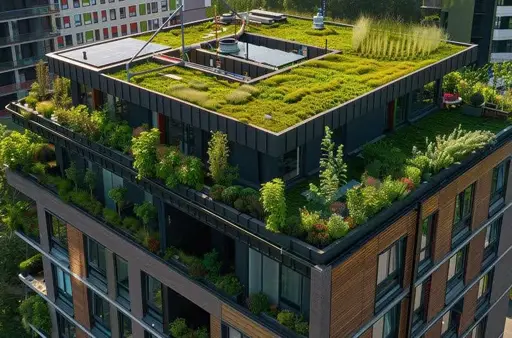





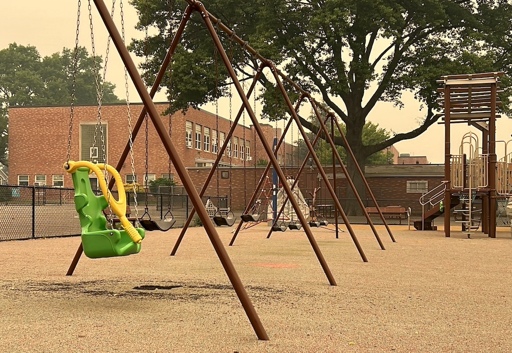

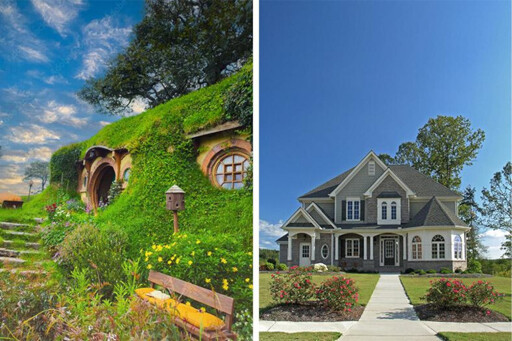
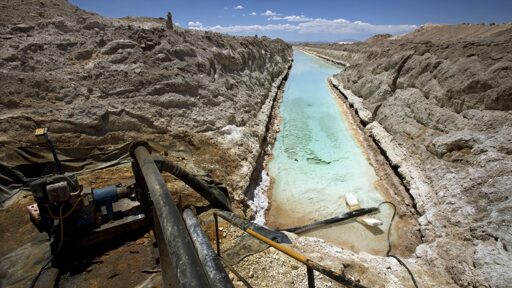

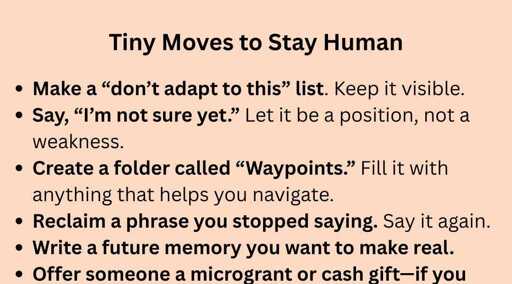

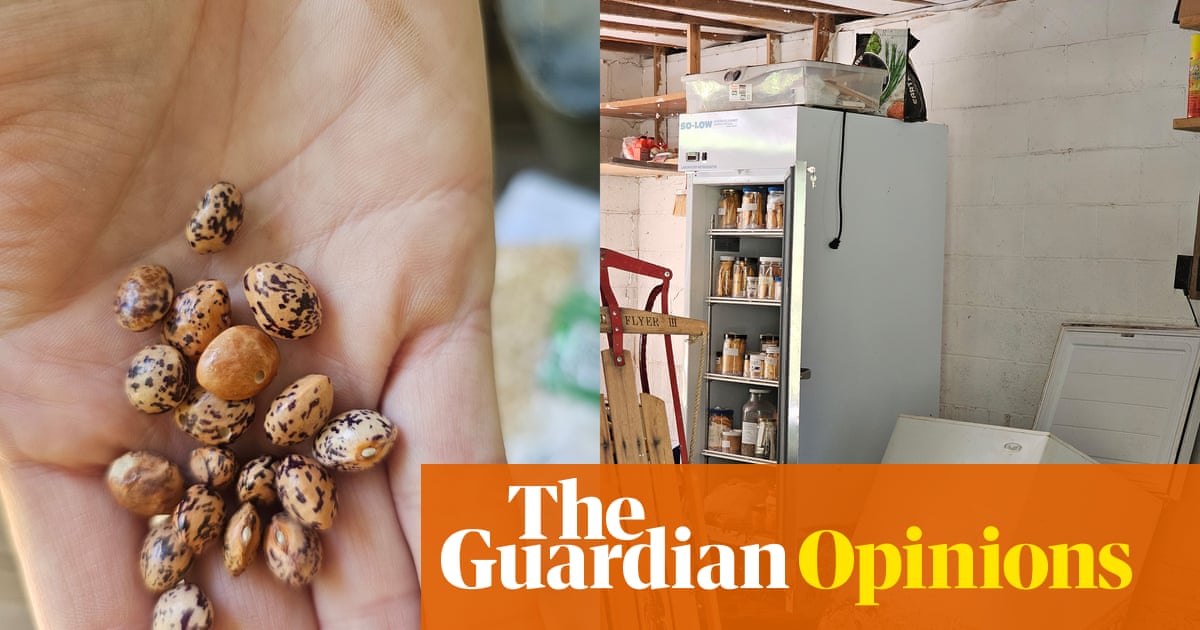
The form factor is the problem. We carry a propaganda faucet slash ad delivery service with us 24-7-365, we check it obsessively for a quick dopamine fix throughout the day, and we have convinced ourselves this is good for us.